Humanism • Spirituality • Well-being
No products
Prices are tax included
Product successfully added to your shopping cart
There are 0 items in your cart. There is 1 item in your cart.
Epicure - La voix de la nature
Epicurus - The voice of nature
Presentation of the doctrine of Epicurus completed with a selection of texts.
Description
It is impossible to live a happy life without living a considered, honest and fair life, nor to live a considered, honest and fair life without living a happy life.” Epicurus has for a long time been presented as a minor philosopher. Nevertheless, his school remained active in a number of countries, including Gaul where it operated for 500 years. This small book, written by a renowned Hellenist, introduces us to the wisdom of Epicurus, stripping it of received ideas. For this philosopher, to gain wisdom is to gain the happiness of the gods, which is within the reach of all people. Happiness is first acquired through the bonds of friendship that we forge. The disciples of Epicurus shared in his daily life and participated in the development of his doctrine; his school was a living community, open to women, slaves and foreigners without prejudice or distinction. Knowledge of nature’s laws is part of what makes up a happy life: for Epicurus, nothing is borne out of nothing, everything that there is relies on the existence of an infinite void and an infinite number of atoms. Ultimately, he proposes a code of ethics based on pleasure free of concern and fear, pleasure conceived as the absence of pain and loss, which is incumbent upon a considered, honest and fair attitude. This presentation of the doctrine of Epicurus is completed by a selection of texts: the Vatican Sayings, with accompanying commentary by Renée Koch Piettre, the letter to Menoeceus on happiness, the letter to Herodotus on the laws of the universe, extracts of his letters to friends and family.
Table of contents
Introduction - A model life in turmoil: Dying happy - A salvific method - The life of Epicurus - Teaching in the Garden - Not school, but living together - Safety at the eye of the storm. Physics in the discovery of serenity: Choose the words to tell the truth. The example of the eidôla - How we think the truth. Criteria - How mistakes are made and how to avoid them. Logical inferences - Adêla, the non-manifest. Atoms, void, infinite - The evidence of sensitivity - How to describe the minima - The nature of the soul - Properties, accidents and nature. The nature of astral bodies: they are not gods - Covering (the doctrine of) nature at the speed of thought.
Happiness within man’s reach: Follow pleasure, avoid pain - A free thinker? - The teachings of the Letter to Menoeceus. Anthology: The Vatican Sayings - Extracts of his letters to friends and family - Letter to Herodotus - Letter to Menoeceus. Chronological references - Bibliography
Characteristics
| Author | RENEE KOCH PIETTRE | |
| Editor | ENTRELACS | |
| Number of pages | 220 | |
| Type of book | Broché | |
| Language | French | |
| Dimensions | 12 x 19 |
Wisdom and spirituality
-
Books
- Western traditions
-
Western mystical authors
- Bacon Francis
- Boehme Jacob
- Bruno Giordano
- Davy Marie-Madeleine
- Desjardins Arnaud
- Dürckheim Karlfried Graf
- Eckartshausen Karl von
- Lévi Eliphas
- Maier Michael
- Maître Philippe
- Mystiques chrétiens
- Papus
- Paracelse
- Pic de la Mirandole Jean
- Saint-Yves d'Alveydre Alexandre
- Schwaller de Lubicz René Adolphe et Isha
- Sédir
- Souzenelle Annick de
- Steiner Rudolf
- Swedenborg Emmanuel
- Teilhard de Chardin, Pierre
- Vinci Léonard de
- Oriental traditions
- Oriental mystical authors
- Other traditions
- Religions
- Symbolism - Wisdom- Spiritual practices
- Philosophy- Utopias
- Prayer - Meditation- Visualisation
- Science and spirituality
- Gift books
- Arts divers (Peinture - Sculpture - Architecture - Danse ...)
- Music
- Novels - Tales - Poems
- Biographies
- Audiobooks
- Health
- Psychology
- Inner fulfilment
- Children' s books
- Death - NDE - Palliative care (support to the terminally-ill)
- Reincarnation - Karma
- Ecology - Nature
- Feng Shui - Geobiology
- Tarots - Pendulums
- Foreign mystical literature
- Coffee-table books
- Rosicrucian books
- Martinist books
- Incense
- Ritual objects
- Music
- Health and well-being
- Gift Ideas
- Rosicrucian and Martinist items
from 95€
change your mind
payment






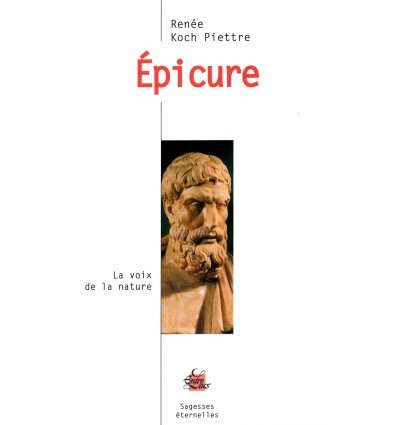


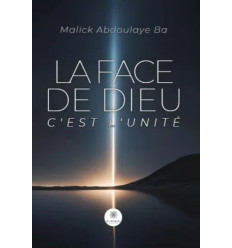

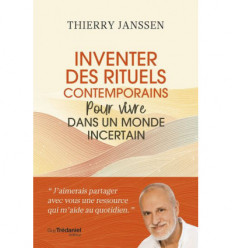
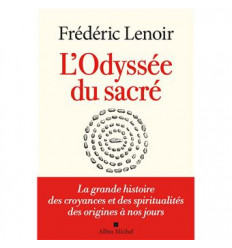
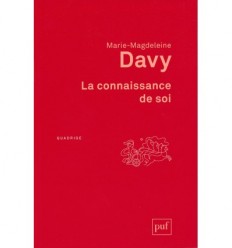
Follow us